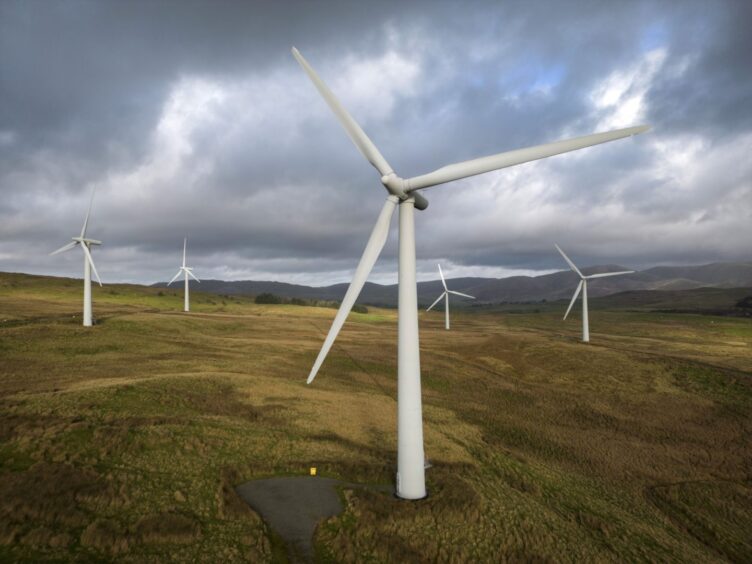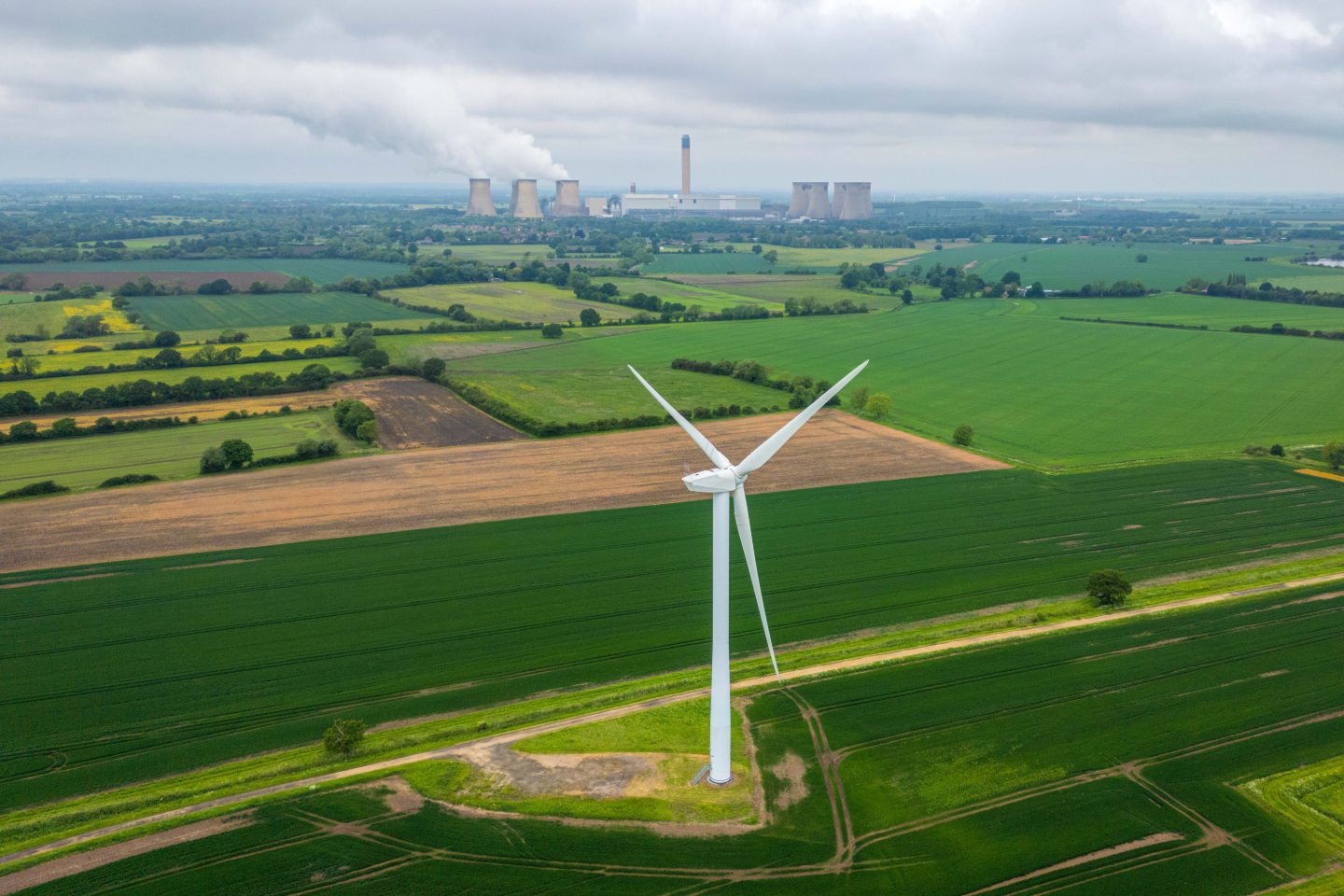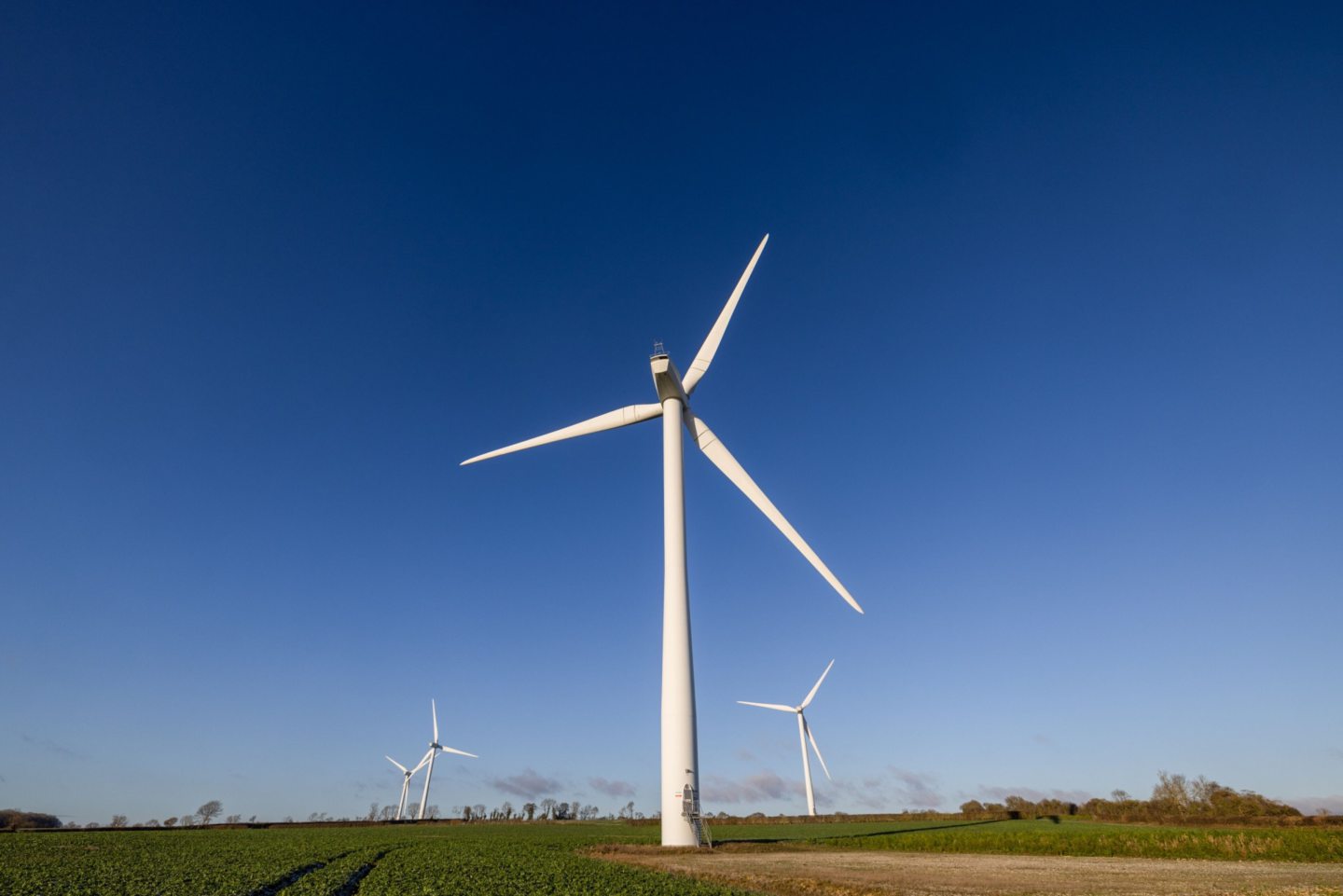
Octopus Energy is among a growing number of UK firms eyeing new onshore wind projects in England after the Labour government removed a de facto ban.
In an interview with Reuters, Octopus chief executive officer Greg Jackson said the firm expects to announce new onshore wind projects “fairly soon”.
Jackson said “thousands of communities” are in contact with Octopus since Labour lifted the ban, motivated by the prospect of cheaper power bills.
Communities living close to wind farms could benefit if Labour decides to continue with electricity market reforms put forward by the previous administration.
Under the plans, the UK could introduce different wholesale prices by region, known as zonal pricing, used in countries like Australia, Italy, Sweden, Norway and Denmark.
If introduced, zonal pricing could also incentivise wind developers to build more projects in England, closer to major population centres.
“The critical steps now are the market reforms that enable you to see regional pricing that really gives you the opportunity to invest in the right projects in the right places,” Jackson told Reuters.
“Reforming wholesale markets to a more locational basis will cut the costs in every region.”
Developers eye new onshore wind projects
Octopus is not alone in eyeing up further investment in English onshore wind projects.
Developers including RWE, RES Group, EDF Renewables, Coriolis Energy and Ridge Energy have confirmed they are already looking at potential projects.
Speaking to the Guardian, Coriolis Energy development manager Trevor Hunter said the company is considering “half a dozen sites”, with bird migration surveys underway.
Meanwhile, German firm RWE said it began identifying viable sites in England “some time ago” due to the prospect of a Labour victory.
RES Group global head of asset management Ian Hunt said community acceptance of onshore wind has grown in the UK over the last decade.
“People can see the effects of climate change, and they know that onshore wind can help emissions and bring down bills,” he said.
Community support for onshore wind
Responding to the lifting of the ban last week, RenewableUK said its polling showed 78% support for onshore wind across the country.
RenewableUK chief executive Dan McGrail also said polling showed majority support for planning reform due to frustration that wind farms “can be stopped by just a hanful of opponents”.
McGrail said the sector is committed to proper community consultation, and believes technological advancements will also win people over.
“Modern turbines are substantially more efficient and powerful than the turbines built in previous decades, so doubling the UK’s onshore wind capacity by 2030 won’t mean doubling the number of turbines in the UK,” he said.
“We can generate more power from fewer new turbines, and we can replace older turbines with far more powerful ones, making the most of our superb natural wind resources.
“Our research shows that delivering 30 gigawatts of onshore wind by the end of the decade would boost the economy by £45 billion and create 27,000 jobs.”
Potential backlash
But while polling shows most people in the UK are in favour of onshore wind farms, projects could still face stiff opposition to new projects from local communities similar to the pushback seen in Scotland.
Critics are already calling the move an “attack on the countryside” which would allow an “open season” for wind developers, with similar backlash over solar farms.
If new energy secretary Ed Miliband fails to end the “delay and dither” over new renewables projects, it could potentially hinder Labour’s plans to double onshore wind capacity by 2030.
Recommended for you

 © Bloomberg
© Bloomberg © Bloomberg
© Bloomberg